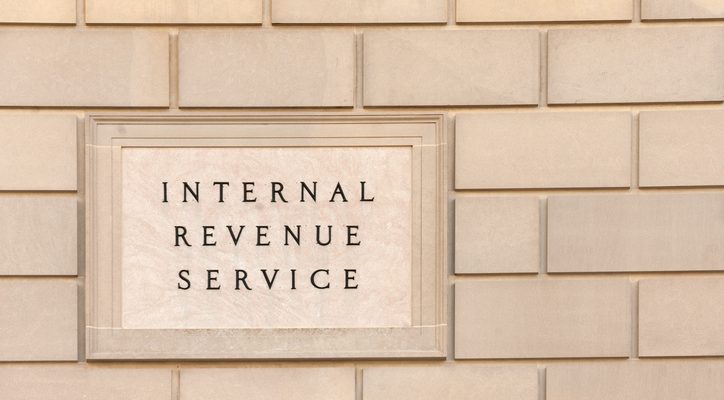On July 22, 2019, the IRS announced that the affordability percentage under the Affordable Care Act’s play or pay rules will decrease to 9.78 percent for 2020 plan years. This is a decrease from 9.86 percent for 2019 plan years.
By way of background, the ACA’s employer shared responsibility provision – often called the employer mandate or “play or pay” – requires large employers to offer health coverage to their full-time employees or face a potential penalty. (Employers with fewer than 50 full-time and full-time equivalent employees are exempt.) Large employers can avoid the risk of any play or pay penalties by offering all full-time employees at least one group health plan option that meets two standards: it provides minimum value and it is affordable.
Minimum value means the plan’s share of total allowed costs is at least 60 percent and the plan provides substantial coverage of physician services and inpatient hospital services.
Affordable means the employee’s required contribution (e.g., payroll deduction) for self-only coverage, if elected, does not exceed a certain percentage of the employee’s income. The affordability percentage changes slightly each year based on the law’s indexing rule. The percentage is 9.86 percent for 2019 plan years and it will decrease to 9.78 percent for 2020 plan years.
This means that employers that charge employees the maximum contribution that qualifies as “affordable” for 2019 will need to reduce the amount slightly for 2020 to keep meeting the affordability standard.

